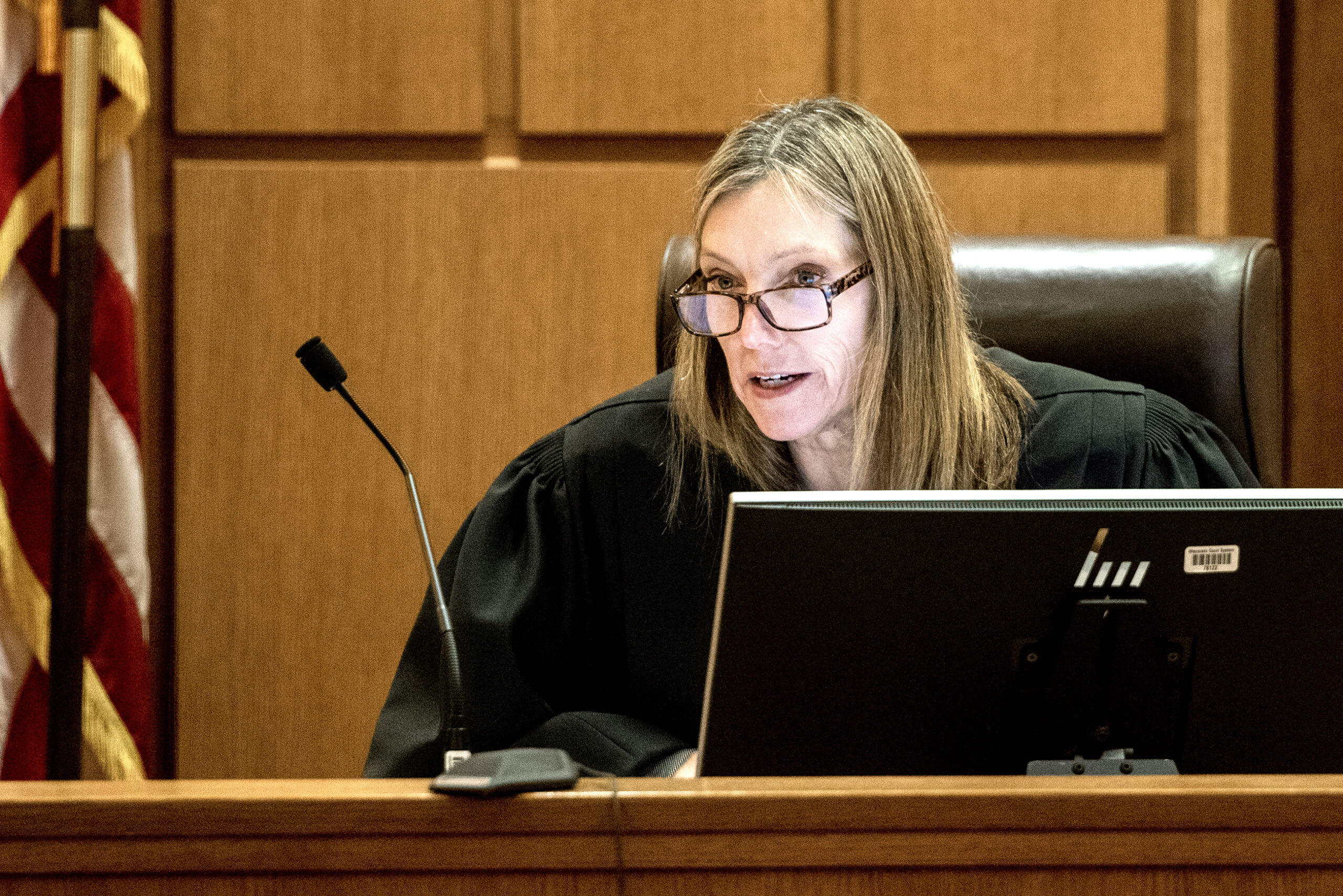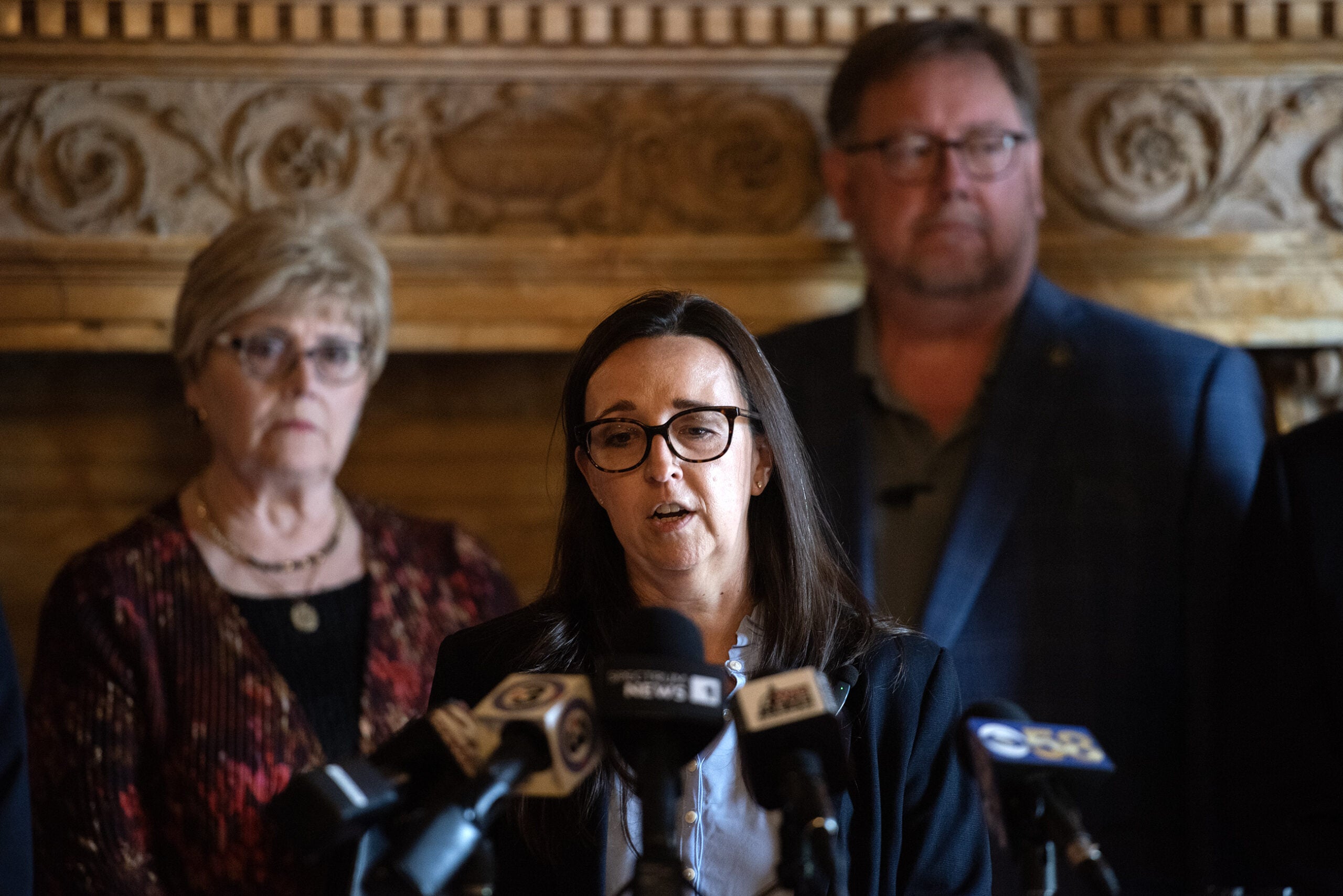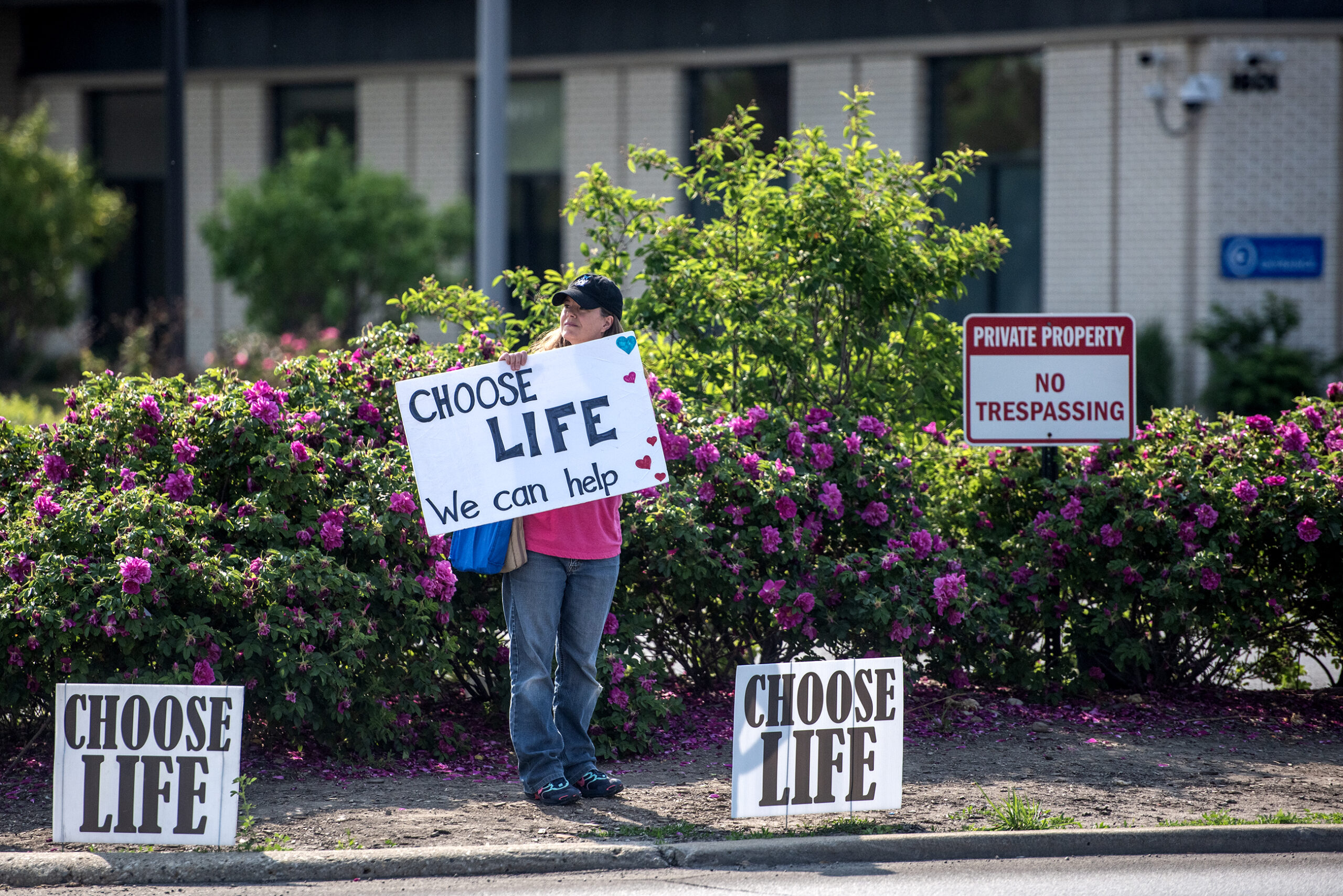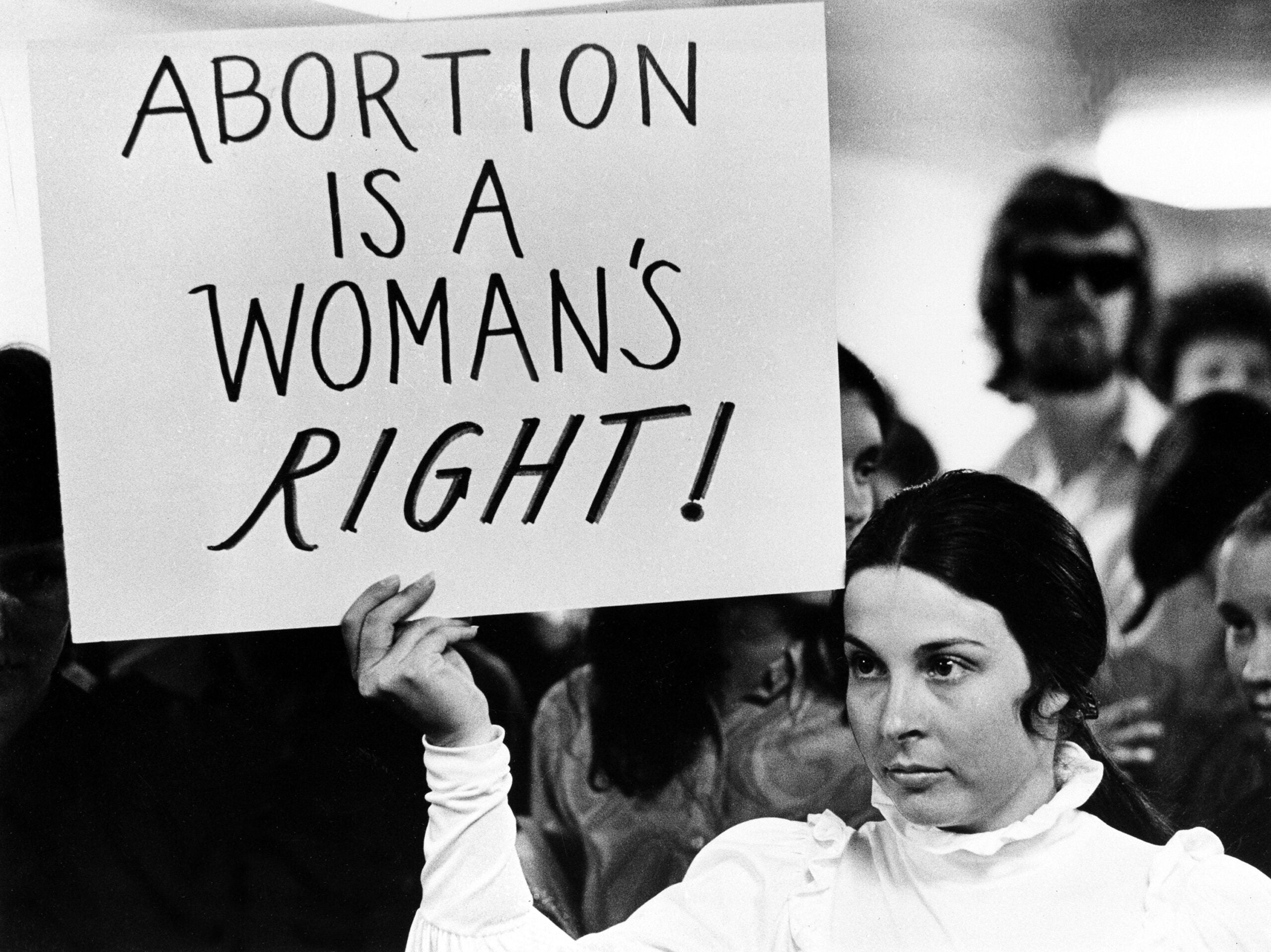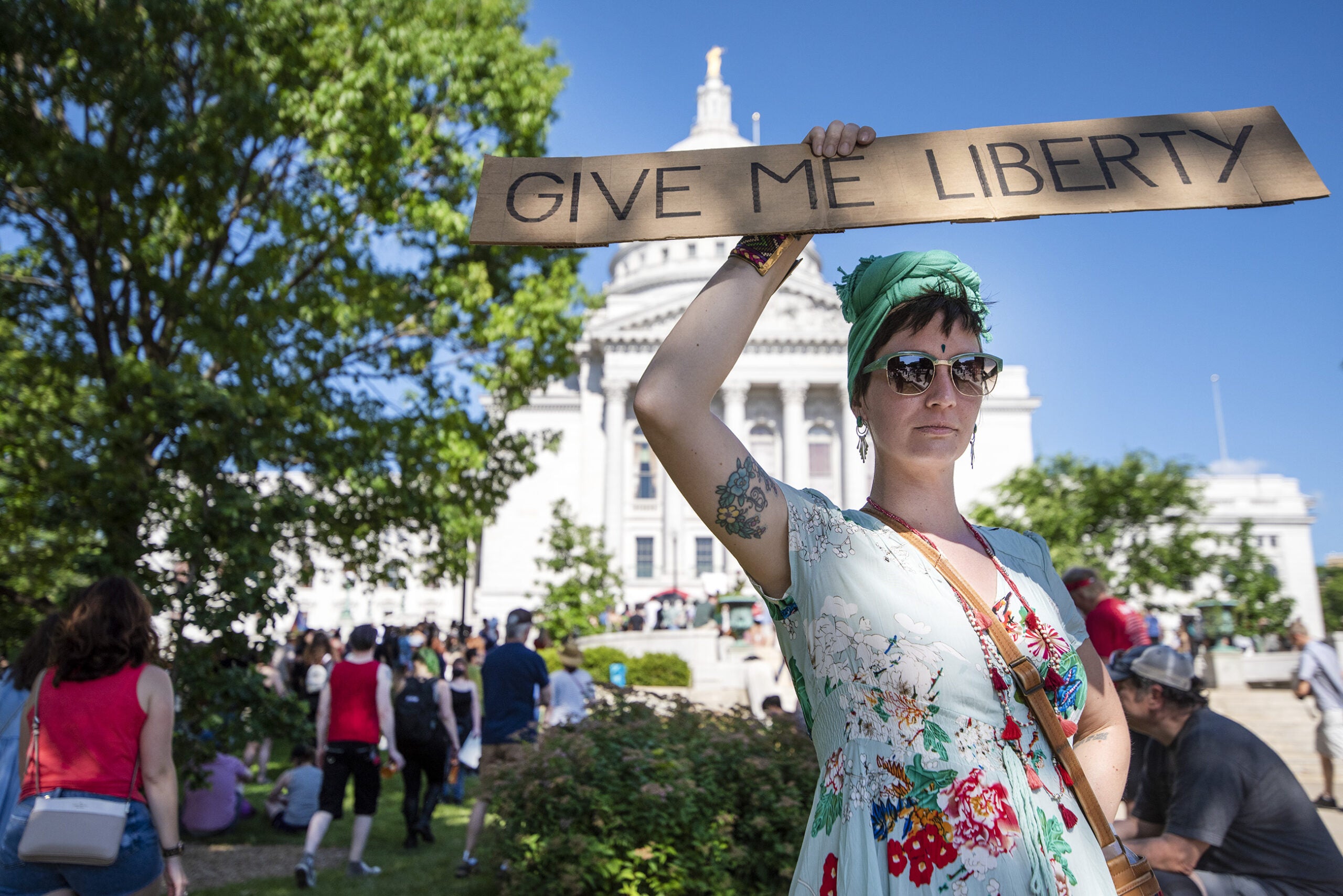Governor Walker made headlines last week when media outlets quoted him about ultrasounds, which the governor argued was an example of “gotcha” journalism. A media expert discusses the current state of political reporting, and how “gotcha moments” affect campaigns. We also get some tips from a food critic on how to get the most out of our meals, and hear the argument against Wisconsin’s proposed 20-week abortion ban.
Featured in this Show
-
Opposition To Wisconsin's Proposed 20-Week Abortion Ban
As Wisconsin residents give testimony on the proposed 20-week abortion ban, a state senator shares why she is against the legislation.
-
Former Food Critic Talks Food And Fiction
A former food critic for The New York Times talks about her first time writing fiction, the art of tweeting about food, and how to truly enjoy eating.
-
Is The 'Gotcha Media Moment' A Political Excuse Or A Real Phenomenon?
Last week several media outlets misquoted Governor Scott Walker on ultrasounds. The likely presidential contender calls this the media’s “gotcha game,” and he’s not the only candidate to accuse the media of asking “gotcha questions.” A media critic discusses whether or not the gotcha game is something candidates imagine.
-
Was Coverage Of Walker's Ultrasound Comments 'Gotcha' Journalism?
A journalism professor at the University of Wisconsin-Madison says that while the media certainly took Gov. Scott Walker’s comments about forced ultrasounds out of context, the likely Republican presidential candidate was not a victim of “gotcha journalism.”
Walker and members of his staff have accused the media of playing a game of “gotcha” after Politico and several other news outlets reported last week that Walker said that forced ultrasounds are “just a cool thing out there.”
The controversy stemmed from comments Walker made on the conservative-leaning program “The Dana Show.” After being asked if he supports the 20-week abortion ban bill, Walker responded:
“We signed a law that requires an ultrasound. Which, the thing about that, the media tried to make that sound like that was a crazy idea. Most people I talk to, whether they’re pro-life or not, I find people all the time who’ll get out their iPhone and show me a picture of their grandkids’ ultrasound and how excited they are, so that’s a lovely thing. I think about my sons are 19 and 20, you know we still have their first ultrasound picture. It’s just a cool thing out there. We just knew if we signed that law, if we provided the information, that more people if they saw that unborn child would, would make a decision to protect and keep the life of that unborn child.”
“It really wasn’t the media engaged in ‘gotcha’ as much as it was taking something out of context and driving that narrative,” said Mike Wagner, professor of journalism and mass communication at UW-Madison. “And one of the narratives about Governor Walker is that he’s an extreme social conservative. So that quote out of context fit the narrative. And oftentimes the news media will run with something that fits the narrative even if it’s not in context.”
Wagner said that the full context of Walker’s comments probably implies that the governor isn’t saying that forced ultrasounds — which would be required before terminating a pregnancy under the new bill — are a cool thing for women and the driving force behind the legislation. Instead, Wagner believes Walker meant that the technology itself is cool, and that if a woman sees her baby on the monitor, she may change her mind on an abortion.
Walker joined “The Dana Show” again this week to offer his take on how reporters framed his ultrasound comments:
“There’s a little bit of this Walker derangement syndrome. I knew it was true in Madison, Wisconsin after we took on the unions and the big government special interests four years ago. We’re now starting to see it across America. I think what they fear is that we don’t just win, we fight the big fights. We win not only the ballot box, but we win the big battles — from right to work to right to life.”
Wagner said journalists sometimes feed the narrative because of the challenges they face on the presidential campaign trail. Media scholars have referred to the phenomena as the “press effect.” The theory states that the media decide early on what a candidate is like and then look for stories to confirm it.
For example, Wagner pointed to the media’s narrative of Sarah Palin, who was often portrayed as lacking experience. That characteristic was amplified in the media thanks to her comments on Russia and her infamous interview with Katie Couric.
“A lot of the policy positions the candidates have can be very nuanced, and journalists feel rightly or wrongly — or at least people who sign journalists’ checks — that the public doesn’t necessarily want to listen to the policy minutiae. So oftentimes the result, according to some people who study the media, are that the reporters look for these kinds of narratives,” Wagner said
Episode Credits
- Rob Ferrett Host
- Veronica Rueckert Host
- Judith Siers-Poisson Producer
- Amanda Magnus Producer
- Nikiya Harris Dodd Guest
- Ruth Reichl Guest
- Mike Wagner Guest
Wisconsin Public Radio, © Copyright 2024, Board of Regents of the University of Wisconsin System and Wisconsin Educational Communications Board.

